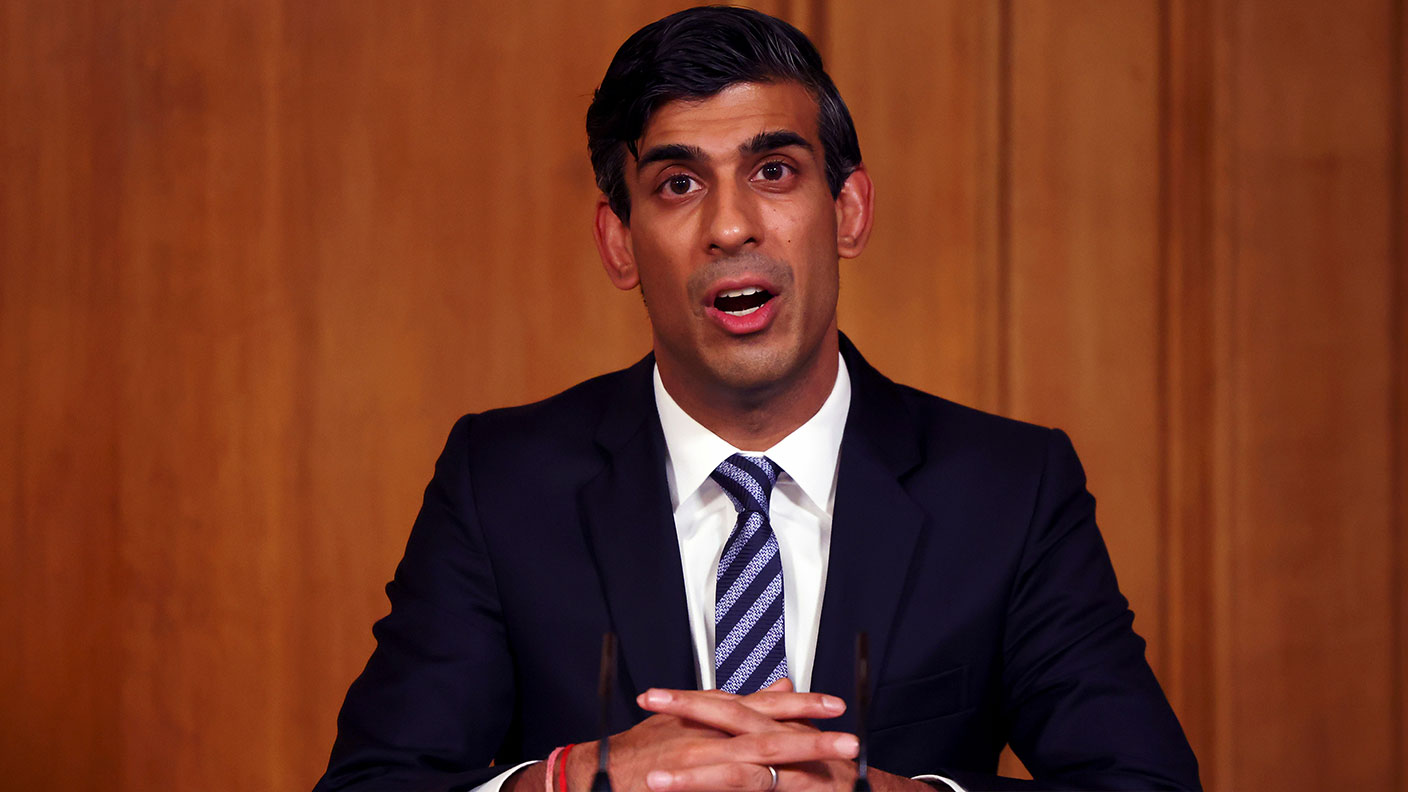The majority of self-employed people in the UK have received no government support to help them through the pandemic, according to research from The Mortgage Lender (TML).
A study found that nine in 10 self-employed people have worked throughout the pandemic, with 39% working full-time and only one in 10 (11%) stopping work completely.
TML’s research, carried out among 1,000 self-employed people who own their own home, or want to, was carried out in March this year. It found that the majority of self-employed workers (57%) have had no government support in the last 12 months.
Furthermore, only 9% had used the furlough scheme for employees, 28% received a grant, 6% took out a bounce back loan, 5% secured a Coronavirus Business Interruption Loan, 4% deferred their VAT payment and just 3% agreed a payment plan with the Inland Revenue.
When compared with the financial support offered to employees, 58% of the study’s self-employed respondents felt their experience of the pandemic was worse, while 35% said it was similar and just 8% claimed their experience was better.
TML sales and product director, Steve Griffiths, commented: “Our research lays bare the struggles of the self-employed over the last year as they have navigated reduced demand for their products and services and taxes due to the Inland Revenue, many with no support at all.
“Unlike larger employers, micro-SMEs and entrepreneurs don’t have access to the financial skills that have helped larger companies take advantage of government schemes to balance the books. Instead, they have taken on that burden while still managing to pay their contribution to the public purse.”
Despite the financial struggles of the self-employed, however, TML also found that nine out of 10 workers are up to date or have the funds available to pay their tax liabilities to the Inland Revenue.
Griffiths added: “The full financial impact for the self-employed still has to work its way through the system with accounts and tax not due until nine months after the year-end, so it will be another year before we see the real fallout of the pandemic.”
Latest News
-
Average UK house price surpasses £300k – Halifax
-
Bank of England holds base rate at 3.75%
-
Mortgage Advice Bureau acquires Dashly
-
Bridging loans fall to lowest average completion time in eight years
-
Regulators announce first six firms to join ‘Scale-Up Unit’
-
House prices recover month-on-month in January – Nationwide
Perenna and the long-term fixed mortgage market

Content editor, Dan McGrath, spoke to head of product, proposition and distribution at Perenna, John Davison, to explore the long-term fixed mortgage market, the role that Perenna plays in this sector and the impact of the recent Autumn Budget
The role of the bridging market and technology usage in the industry
Content editor, Dan McGrath, sat down with chief operating officer at Black & White Bridging, Damien Druce, and head of development finance at Empire Global Finance, Pete Williams, to explore the role of the bridging sector, the role of AI across the industry and how the property market has fared in the Labour Government’s first year in office.
NEW BUILD IN FOCUS - NEW EPISODE OF THE MORTGAGE INSIDER PODCAST, OUT NOW

Figures from the National House-Building Council saw Q1 2025 register a 36% increase in new homes built across the UK compared with the same period last year, representing a striking development for the first-time buyer market. But with the higher cost of building, ongoing planning challenges and new and changing regulations, how sustainable is this growth? And what does it mean for brokers?
Does the North-South divide still exist in the UK housing market?

What do the most expensive parts of the country reveal about shifting demand? And why is the Manchester housing market now outperforming many southern counterparts?
In this episode of the Barclays Mortgage Insider Podcast, host Phil Spencer is joined by Lucian Cook, Head of Research at Savills, and Ross Jones, founder of Home Financial and Evolve Commercial Finance, to explore how regional trends are redefining the UK housing, mortgage and buy-to-let markets.
In this episode of the Barclays Mortgage Insider Podcast, host Phil Spencer is joined by Lucian Cook, Head of Research at Savills, and Ross Jones, founder of Home Financial and Evolve Commercial Finance, to explore how regional trends are redefining the UK housing, mortgage and buy-to-let markets.
© 2019 Perspective Publishing Privacy & Cookies










Recent Stories